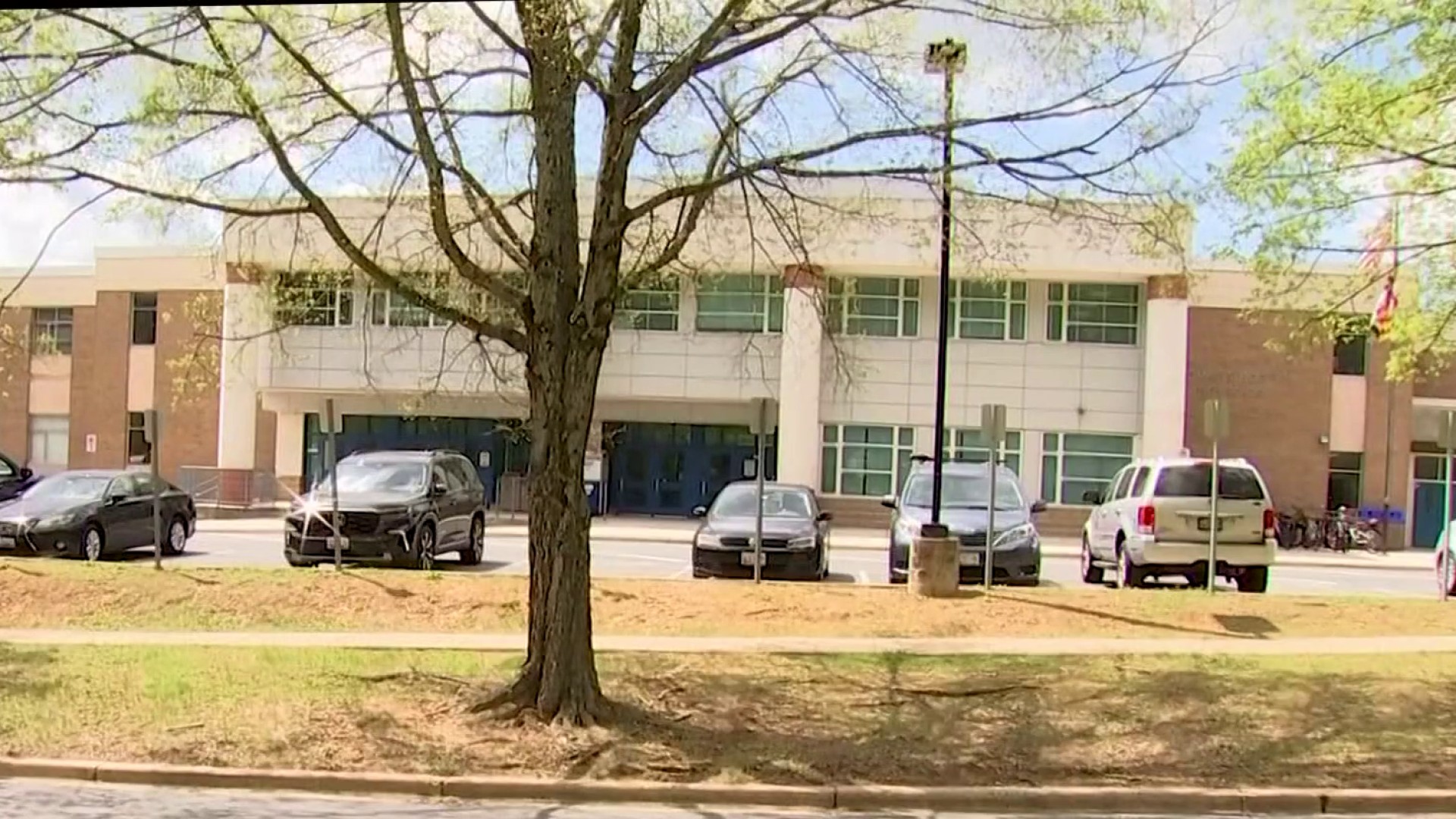What to Know
- Employment deals made before Sunday still stand, but no vacant positions may be filled after noon that day, Trump said.
- A union leader said Trump's hiring freeze will cost the government more money, as agencies are forced to hire contractors with higher fees.
President Donald Trump signed an order Monday that freezes hiring by the federal government, with the exception of military.
The freeze may have a big impact in the D.C. area, where more than 273,000 people work full-time as federal civilian employees, according to the latest data.
Here are answers to some of the big questions:
What's the Purpose of the Freeze?
Trump vowed during his campaign that he would "drain the swamp" and take on the federal bureaucracy.
White House press secretary Sean Spicer said at a news conference Monday the Trump is seeking to better use American taxpayers' money.
Local
Washington, D.C., Maryland and Virginia local news, events and information
"They're sending us a ton of money and they're working real hard -- some people are working two, three jobs just to get by -- and to see money get wasted in Washington on a job that is duplicative is insulting to the hard work they do to pay their taxes," he said.
When Does the Freeze Go Into Effect?
Trump announced the freeze Monday, but he said in a memo to the heads of federal agencies and departments that it went into effect the previous day.
"[No] vacant positions existing at noon on January 22, 2017, may be filled and no new positions may be created, except in limited circumstances," the memo said.
Are There Any Exceptions?
Trump's memo said that the head of any federal agency or department may exempt from the hiring freeze "any positions that it deems necessary to meet national security or public safety responsibilities." The director of the U.S. Office of Personnel Management (OPM) also may grant exemptions.
Do Defense Department Employees Count as Members of the Military Exempt From the Freeze?
Pentagon officials told The Washington Post it was not clear if the freeze will apply to the nearly 675,000 civilian Defense Department personnel.
What If I Already Had a Federal Job Offer?
Trump's memo said the freeze does not "revoke any appointment to federal service made prior to Jan. 22, 2017."
Will Agencies Hire More Government Contractors to Get Around the Freeze?
"Contracting outside the Government to circumvent the intent of this memorandum shall not be permitted," Trump's memo said.
The president of the American Federation of Government Employees (AFGE), J. David Cox, said he fears more contractors will be hired anyway, at a higher cost.
“President Trump’s federal hiring freeze could result in more government waste if agencies are forced to hire high-priced contractors to do the work that federal employees can and should be doing," he said in a statement.
Nicole Smith, chief economist at the Georgetown University Center on Education and the Workforce, said some workers actually could benefit from the hiring freeze. She spoke about Georgetown students.
"You're going to pay them more to do the same job. So, if you're talking to Georgetown students who are going to graduate, this is going to be something positive for them," she said.
Does the Freeze Apply to Members of Trump's Cabinet?
No. "This memorandum does not limit the nomination and appointment of officials to positions requiring Presidential appointment or Senate confirmation, the appointment of officials to non-career positions in the Senior Executive Service or to Schedule C positions in the Excepted Service, or the appointment of any other officials who serve at the pleasure of the appointing authority," Trump's memo said.
Do Federal Hiring Freezes Work?
The U.S. Government Accountability Office analyzed freezes under Presidents Jimmy Carter and Ronald Reagan and found that they disrupted agency operations and, in some cases, increased costs. "Government-wide hiring freezes, regardless of how well they are managed, are not an effective means of controlling federal employment," the 1982 report said.
What's the Makeup of the Federal Workforce?
The federal civilian workforce is made up of more than 1.83 million people around the world. About 1.81 million of these workers live in the U.S. Only about 15 percent work in the D.C. area, according to the latest available data, from Sept. 2015.
The number of executive branch employees has not been this low since 1965, and the number of employees has stayed more or less steady in the past 15 years.
Is the Freeze Expected to Affect Non-Government Employees?
The president of AFGE, the government employees' union, claimed Trump's move would hurt taxpayers and Americans who do not work for the federal government.
“This hiring freeze will mean longer lines at Social Security offices, fewer workplace safety inspections, less oversight of environmental polluters, and greater risk to our nation’s food supply and clean water systems,” Cox said.
What's Next?
Trump ordered the OPM director and the director of the Office of Management and Budget to recommend within 90 days a plan to "reduce the size of the federal government's workforce through attrition."



